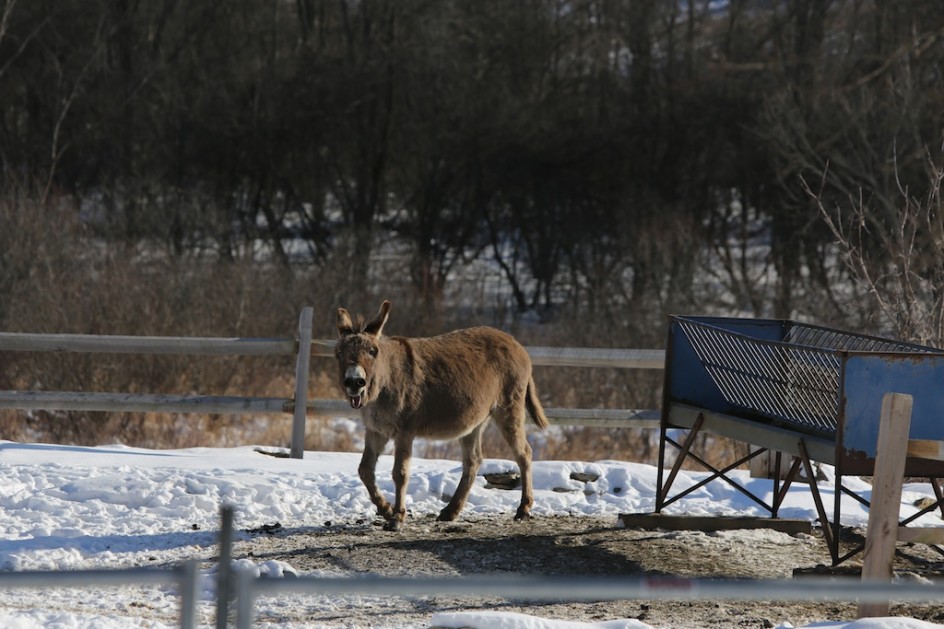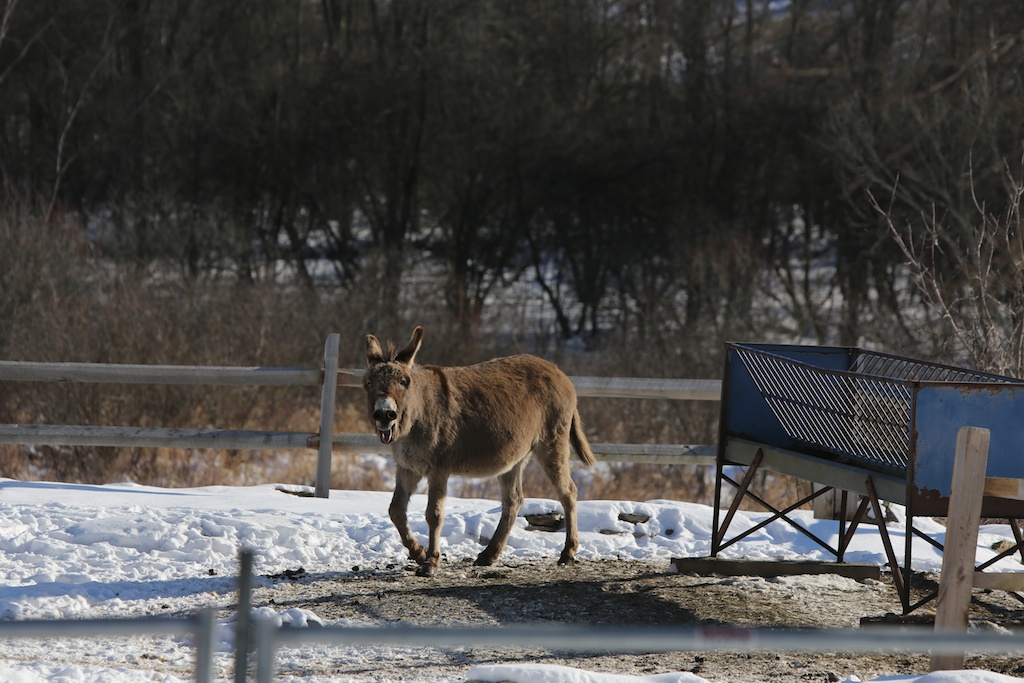
A friend relayed a story to me of a woman wracked with guilt over a dog she had who was aggressive and uncontrollable. Unable to control him and fearing he would hurt someone she turned him over to a shelter she suspected would euthaniize him. The dog was put down, she learned.
She felt awful for years about her decision and on a week long Buddhist meditation retreat where she got to ask a revered monk any question she wanted, she told the monk the story of her dog, and of her guilt about it. She asked if she had made the right decision. He paused for a minute, and said, “you don’t think very highly of death, do you?” And that was all he said. She was disappointed. She wanted absolution for her choice but as time went on, she realized the import of what the monk had told her.
We do think little of death in our culture. We can’t bear to talk about it, think about it, or generally, plan well for it. In my hospice work, I saw that there was such a thing as a good death and a bad death, and a good death was almost always one in which death was considered and respected as more than an awful and unimaginable thing. I saw that death was sometimes a beautiful thing, an affirmation of life, a release, the beginning of another journey, a celebration of a human existence, the liberation of the soul, the end of pain and worry and suffering.
I have no desire to die and I have no desire to see the people I love die. But I also know that death is as much a part of life as birth, however we want to hide from it. And ultimately, for all of medicines and surgeries, there is no hiding from it. It is just a question of when and how. In the animal world, death is played out more visibly than in the human world, as there is little to guide the animal lover when it comes to making life and death decisions. Generally, we assume death is a taboo, to be avoided at all costs, the mark of cruelty, abuse or inhumanity. People who keep animals alive are good. People who kill them are bad. Increasingly, the ethos around living with animals is that they must be kept alive at all costs and by any means. The old sheep should be kept alive as long as is possible, chickens should live in impenetrable and expensive enclosures, old and blind ponies should be kept going through as many winters as is possible, dogs should never be euthanized but kept alive in crates for their natural lives, barn cats should be kept in crates for weeks and months until they are acclimated to their new homes.
Some of the worst suffering I have seen in my life has been people kept alive far beyond their comprehension, suffering and often out of sight in dehumanized warehouses for the elderly, living painfully and struggling through procedures and medications. Vet after vet has told me the worst thing they ever see in their practices are dogs and cats kept alive in great pain and discomfort because selfish people cannot let them go.
We are all going to die along with all of the people and animals we love. I am learning to consider that, to respect it. It informs many of the decisions I make about my life. Should I seek life or love now, or, as many of the people in my life have chosen, live to be secure far into the future? Should I save money so I can live in one of those warehouses, or should I allow the length of my life to take its natural course and not be determined by pills and procedures?
I meet people all of the time who are tormented by guilt over the difficult choices they make for the animals they love. Many people tell me they wish they could end their parent’s suffering the way in which they can help dogs and cats leave the world, but our culture won’t even permit discussions of choices like that. It is heresy, even among doctors.
The monk made sense to me. I respect death, and believe it should live in the light. I think highly enough of death to see that it is not always a horrific taboo to be avoided at all costs, but sometimes a great and wondrous gift to the living things on the edge of life.

